Collecting Candy on Halloween:Harmless Pastime or Halakhic Prohibition?
Though many Jewish children go trick-or-treating, this writer (among many others) believes the practice runs counter to Jewish law.
By Rabbi Michael Broyde
To many, if not most, American Jewish parents, participating in Halloween revelries is harmless. Increasingly, however, rabbis and educators from across the denominational spectrum have questioned and challenged Jewish participation in Halloween activities. The article below explores many of the most common objections to the holiday. While many rabbis would not state their opposition in as stark a way as Rabbi Broyde does, his opposition to Jews trick-or-treating is not uncommon. This article originally appeared as an appendix to a Jewish evaluation of celebrating Thanksgiving. The complete text and footnotes can be found on Torah from Dixie. Reproduced with permission of the author.
Halloween in History
Applying the principles explained above to determine whether it permitted to celebrate Halloween requires that one first explore the origins of Halloween as a holiday. As developed below, this is a classical case where the application of the same rules to different sets of facts leads to a different rule of halakhah [Jewish law].
A recent newspaper article recounted:
"According to the Encyclopedia Britannica, Halloween originated with the pagan Celtic festival of Samhain, a day on which the devil was invoked for the various divinations. 'The souls of the dead were supposed to revisit their homes on this day', Britannica says, 'and the autumnal festival acquired sinister significance, with ghosts, witches, hobgoblins ... and demons of all kinds said to be roaming about.' In the early Middle Ages, the Roman Catholic Church instituted All Hallow's Eve on October 31 and All Saints Day on November 1 to counteract the occult festival. It did not work. All Hollow's Eve was simply co-opted into the pagan celebration of Samhain."
As was noted by Professor John Hennig, in his classical article on this topic, there is a clear historical relationship between the Celtic concepts of resurrection, Roman Catholic responses to it, and the modern American holiday of Halloween.
Thus, Halloween, unlike Thanksgiving, plainly has in its origins religious beliefs that are foreign to Judaism, and whose beliefs are prohibited to us as Jews.
On the other hand, notwithstanding the origins of Halloween, one must recognize that the vast majority of the people in America who currently celebrate Halloween do not do so out of any sense of religious observance or feeling. Indeed, one is hard pressed to find a religion in the United States that recognize Halloween as a religious holiday. One recent writer, responding to Christian assertions that Halloween celebrations are a form of pagan worship, wrote:
"One of my fondest memories of kindergarten was the first Halloween celebrated at school. I marched proudly from room to room in our elementary school in my Wilma Flintstone [a character in a cartoon --MB] costume as a participant in the Halloween parade. The anticipation of the event was overwhelming, exciting and the fun was anything but sinister.... To say that participating in Halloween leads to devil worship is like saying taking Tylenol leads to crack addition. Believe me, when I was marching in my Wilma Flintstone costume, the last thing on my mind was drawing pentagrams or performing satanic rituals. The only thought I had was that next year I'd be Pebbles! [Wilma's child -- MB]... It is only a few fringe group fundamentalists who seriously believe Halloween is a holiday for worshiping the devil."
This statement appears to be a truthful recounting of the modern American celebration of Halloween. The vast majority of people who celebrate Halloween have absolutely no religious motives at all--it is an excuse to collect candy or engage in mischievous behavior.
However, it is worth noting that there are still some people who celebrate Halloween religiously, and there are occasional court cases about employees who seek to take religious leave on Halloween day as a religious holiday.
Thus, the question about Halloween is whether Jewish law allows one to celebrate an event that has pagan origins, where the pagan origins are still known and celebrated by a very few, but not by the vast majority of people who engage in this activity.
Halloween & Halakhah
In order to answer this question, a certain background into the nature of the prohibition to imitate Gentile customs must be understood. Tosafot [a medieval Talmud commentary] understands that two distinctly different types of customs are forbidden by the prohibition of imitating Gentile customs found in Leviticus 18:3. The first is idolatrous customs and the second is foolish customs found in the Gentile community, even if their origins are not idolatrous. Rabbenu Nissim (Ran) and Maharik disagree and rule that only customs that have a basis in idolatrous practices are prohibited. Apparently foolish--but secular--customs are permissible so long as they have a reasonable explanation (and are not immodest). Normative halakhah follows the ruling of the Ran and Maharik. As noted by Rama [Rabbi Moshe Isserles, c. 1525-1572]:
"Those practices done as a [Gentile] custom or law with no reason one suspects that it in an idolatrous practice or that there is a taint of idolatrous origins; however, those customs which are practiced for a reason, such as the physician who wears a special garment to identify him as a doctor, can be done; the same is true for any custom done out of honor or any other reason is permissible."
Rabbi Isserless is thus clearly prohibiting observing customs that have pagan origins, or even which might have pagan origins. His opinion, the most lenient found in normative halakhah, is the one we follow.
Of course, independent of the halakhic obligation to avoid Gentile religious customs, Jewish law forbids a Jew from actually celebrating idolatrous religious events himself.
Based on this, in order to justify candy collection on Halloween, one would have to accept the truthfulness of any of the following assertions:
1) Halloween celebrations have a secular origin.
2) The conduct of the individuals "celebrating Halloween" can be rationally explained independent of Halloween.
3) The pagan origins of Halloween or the Catholic response to it are so deeply hidden that they have disappeared, and the celebrations con be attributed to some secular source or reason.
4) The activities memorialized by Halloween are actually consistent with the Jewish tradition.
I believe that none of these statements are true.
Conclusions
Applying these halakhic rules to Halloween leads to the conclusion that participation in Halloween celebrations--which is what collecting candy is when one is wearing a costume--is prohibited. Halloween, since it has its origins in a pagan practice, and lacks any overt rational reason for its celebration other than its pagan origins or the Catholic response to it, is governed by the statement of Rabbi Isserles that such conduct is prohibited as its origins taint it. One should not send one's children out to trick or treat on Halloween, or otherwise celebrate the holiday.
The question of whether one can give out candy to people who come to the door is a different one, as there are significant reasons based on darkhei shalom (the ways of peace), eva (the creation of unneeded hatred towards the Jewish people), and other secondary rationales that allow one to distribute candy to people who will be insulted or angry if no candy is given. This is even more so true when the community--Jewish and Gentile--are unaware of the halakhic problems associated with the conduct, and the common practice even within many Jewish communities is to "celebrate" the holiday. Thus, one may give candy to children who come to one's house to "trick or treat" if one feels that this is necessary.
I remember as a child Halloween being one of the coolest days of the year, possibly the best. It was the candy. It was the bonding between father and son. It was the candy. It was the effort that certain neighbors and homes employed to decorate in ghoulish ways, loudly playing soundtracks on old record players, 8 track tape players and later cassette players of "Thrilling Chilling Sounds of the Haunted House" and other made for Halloween noise on tape. And it was the candy (did I say that already?).

No thought ever went through my mind that a Jew shouldn't do this. My parents had no qualms either to the contrary it was great fun. In later years, my brother and I were the ones trying to figure out how to entice kids to walk up a long driveway to come to the house, using lights and soundtracks. The annual count was an event in its own right. Some of the pictures I remember the clearest in my mind are ones that were taken in my family's living room with my brother and I in skeleton costumes with a carved and lit jack o'lantern.
My children do not have these memories. A few years, I admit, we let them dress in a costume and go to a local shopping mall on Oct. 31 where other kids would be there and the shops expecting parents and kids to peruse their wares when they would not have been there otherwise, because it was Oct. 31. But they have no memories of canvassing the neighborhood in costume, going door to door and saying "trick or treat".
I recall Rabbi Posner talking about Halloween. Growing up in New Jersey, he would say, his mother never told the kids they could not go out on Halloween. But, he would continue, she would recall to them that back in the old country (Belarus) it was dangerous for Jews to be out on that night. That was, he would say, much more effective and to the point than an outright ban on the celebration.
One conflict (er' test) for Ba'aley Teshuva in America is dealing with what seems to be an endless internal struggle between the desire to give your own kids what you had and not to give them what you had. Halloween? out. Saturday Football games? out. Saturday cartoons? out. The list goes on. But what didn't we have? Sukkos? in. Chol HaMoed? in. A real family Shabbos? most definitely in. Words of Torah, names, terminology, ideas on the tip of their tongues? in. Shavous ice cream parties? in. etc. The looking glass reflects in both directions allowing age and maturity to see not just the past but into the future.
Memories are powerful teachers which can guide the future and sometimes haunt the past. Parents create these learning moments and sometimes they appear without warning. Nevertheless, they are burned permanently in the minds of children. Guiding, nurturing spiritually relevant memories is a significant part of Jewish parenting. Avoiding spiritually damaging ones even more so is important too, even if it means that the kids will think that "trick or treat" is not just ghoulish but "goyish" then so be it.
















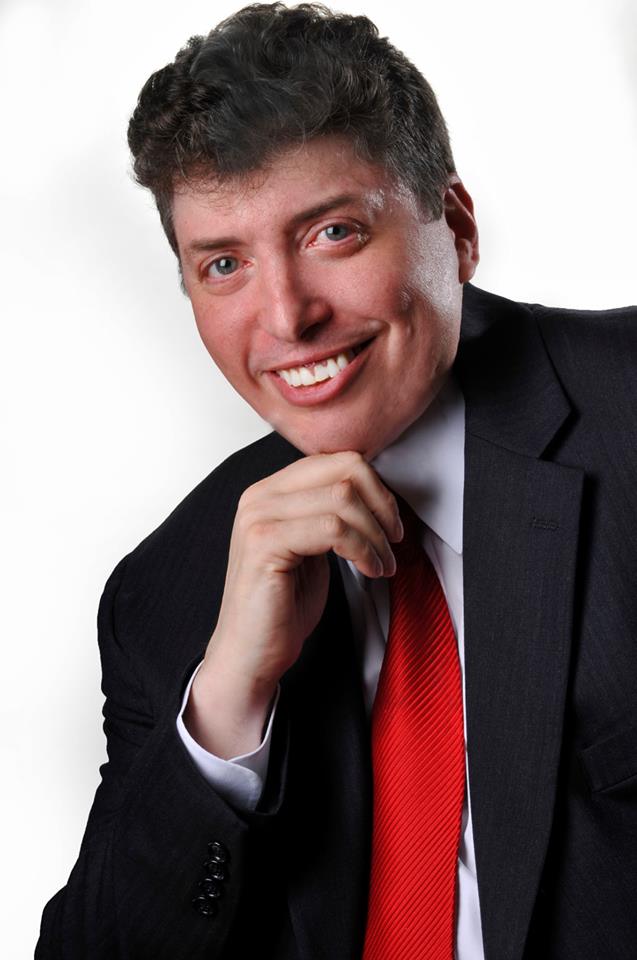



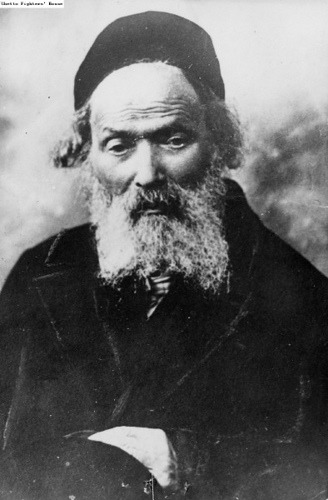
















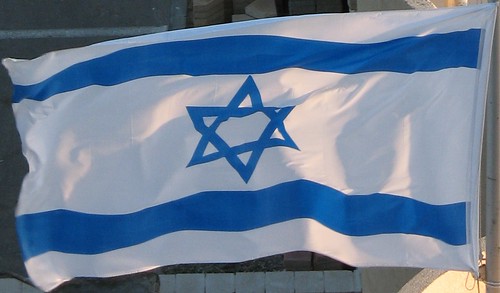
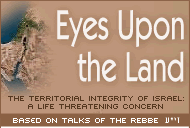

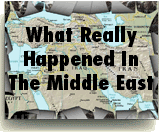


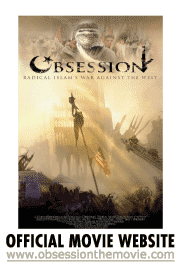






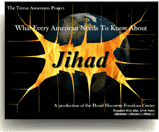
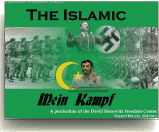




1 comments:
Ed- note:
the graphic picture of the photo album was changed due to net traffic and is now an embedded picture.
aprpeh
Post a Comment